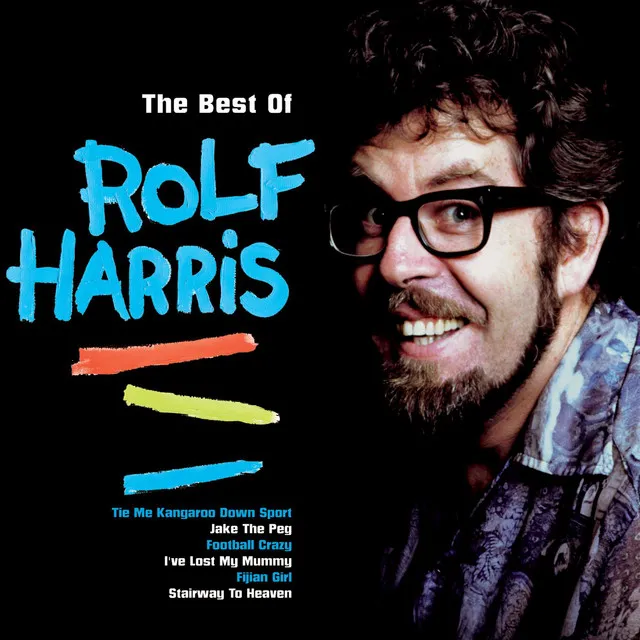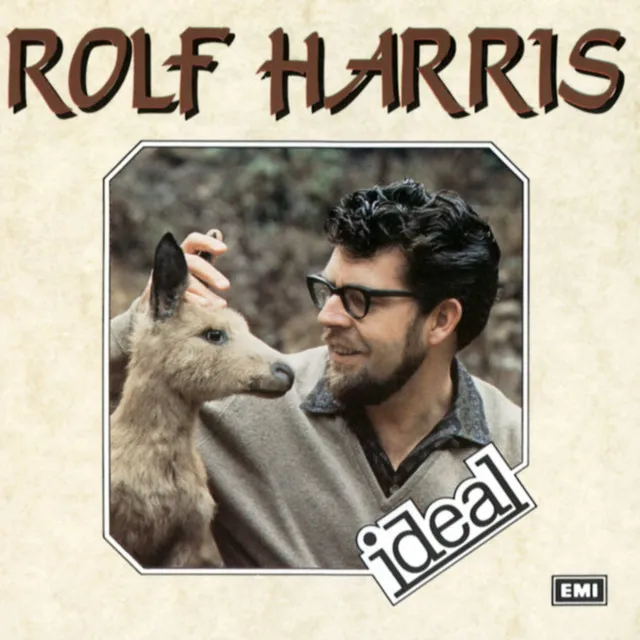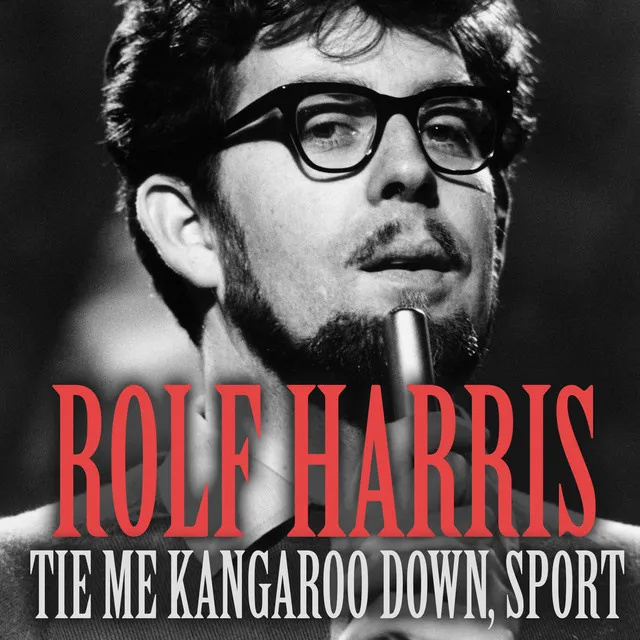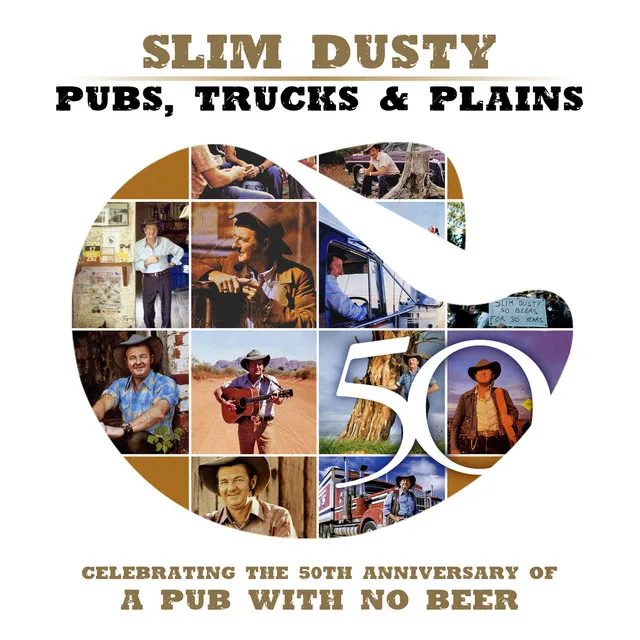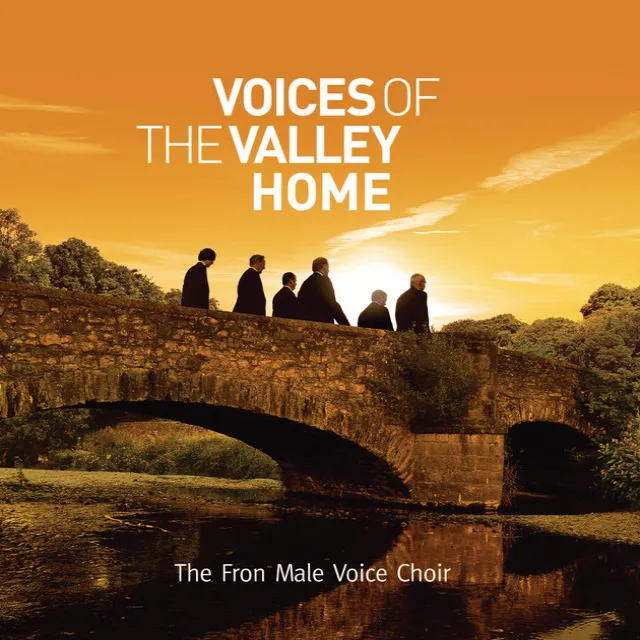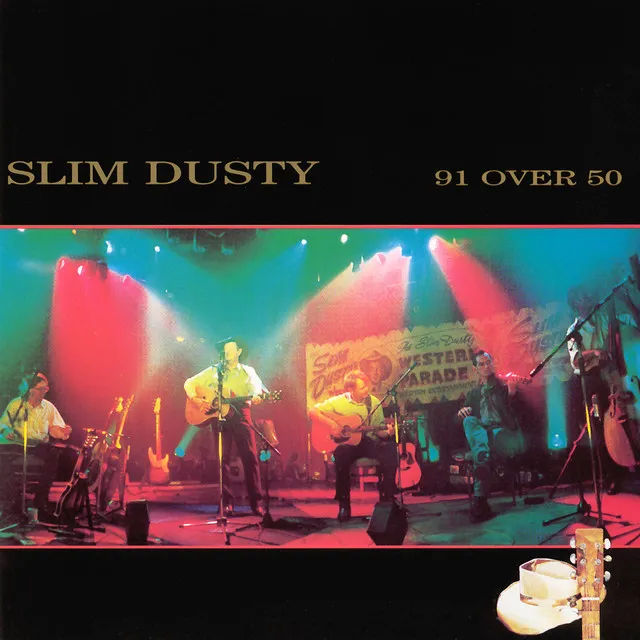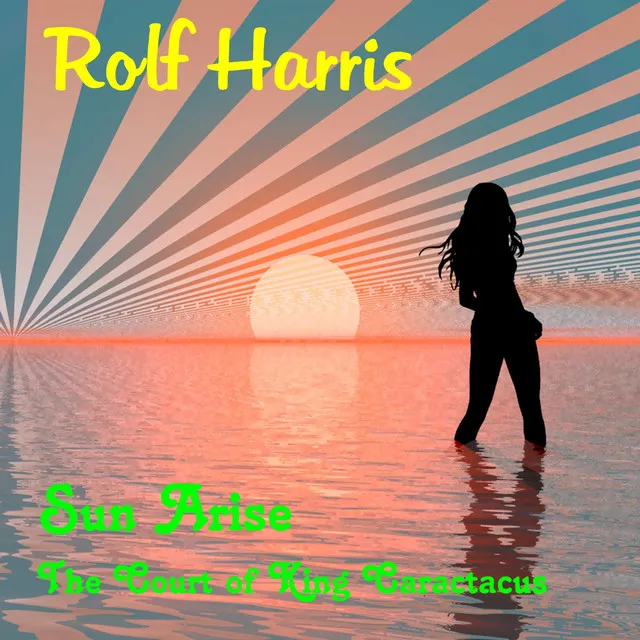Australian novelty performer and accordion player Rolf Harris was known for decades as the figure behind the late-'50s hit "Tie Me Kangaroo Down, Sport," but all that changed with his 2014 conviction for sexual assault.
Harris was born in Perth in 1930. At first it seemed he might be bound for glory in the water only, placing in 1946 as the Australian junior backstroke champion. Three years later, his musical talents were recognized when he won an amateur talent competition on one of the national radio stations. In the early '50s, Harris headed for London to study art. In 1956, he had his first exhibit of paintings at the Royal Academy of Art in London, the year before he wrote "Tie Me Kangaroo Down" and began building an audience of homesick Australians and other loony birds at the Down Under Club. At the end of the decade, he went back to Australia and began working in children's television. This venture was the first of many well-received television series including Hey Presto, It's Rolf in 1966 and the more normally titled the Rolf Harris Show the following year.
Besides playing regular instruments, Harris began making use of aboriginal Australian sound-making devices and in 1967 came up with one of the strangest musical instruments ever, the stylophone. This axe looks a bit like a kiddie board game and is played with something akin to an electronic pencil. (It has surfaced as a noise-maker at the hands of avant-garde musicians, but the definitive word on the stylophone is found on the Harris series of recordings, including one devoted to the swing music of bandleader Glenn Miller.)
In 1969, Harris filmed Rolf's Walkabout, a combination of scenery and absurdity that also came out in book form. He won an award in 1970 for best television personality from the Radio Industries Club, and in 1973 reached a career milestone with his first public performance at the grandiose Sydney Opera House. It was only a few years more before it was necessary to call him Sir Rolf Harris; he received the Order of the British Empire in 1977, and kicked off a new television series entitled Rolf on Saturday -- OK?, which viewers thought was indeed OK enough to stay on the air three years. His career continued to develop in depth, including a film role in The Little Convict in 1979 and a series of pantomime performances in the '80s.
Rolf's Here -- OK? was the 1980 concept for a television show, followed by the extremely popular Cartoon Time, which Harris hosted through 1987. The new wave era was not one in which Harris was forgotten, and there were instances where younger artists brought him into the studio for touches of authenticity. This includes some tasty didgeridoo playing on Kate Bush's album Dreaming. Meanwhile, Rolf's Cartoon Club took over as his television outlet, continuing until 1993.
Harris entered the new millennium continuing a series of television travel specials, charity work for animals and the handicapped, and performances such as a pair of appearances at the British Glastonbury Festival. He released the 70/30 recording in 2000 and crowned himself King Rolf in 2001, at least on compact disc.
A shadow was cast over his career early in 2013, when Harris was arrested as part of an operation regarding reported sexual offences going back to the late '60s. A trial in mid-2014 resulted in Harris being convicted on 12 counts of indecent assault and sentenced to over five years in prison. He was released in May 2017 after serving three years, and he lived quietly in Bray, Berkshire, England, soon falling into poor health. On May 18, 2023, a documentary about his crimes, Rolf Harris: Hiding in Plain Sight, premiered on British television. Five days later, it was revealed that Rolf Harris died on May 10, 2023; his family chose not to disclose his passing publicly, but it was confirmed by officials at the General Register office. Harris was 93 years old. ~ Eugene Chadbourne, Rovi
